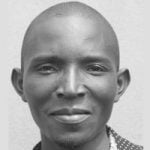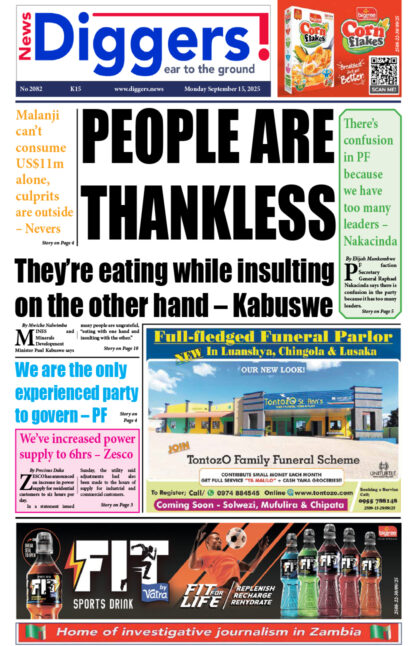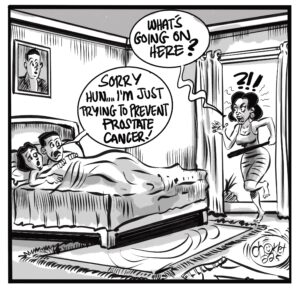Veteran politician and former diplomat Vernon Mwaanga says a change of government is desirable and healthy in a democracy, adding “the system does not allow the election of dictators who should stay in power forever”.
And Mwaanga says election campaigns should not be a matter of life and death as witnessed in the just-ended Sesheke parliamentary by-election, but must be treated as a competition aimed at serving the electorate.
In a statement, Mwaanga explained why a change of government was desirable in a democracy.
“Because democratic elections are periodic, they do not elect dictators who stay in office for life. They enable people to elect leaders at various levels from the local councillors to the presidents, who are accountable to the people and who must go back to them at periodic intervals to seek their mandate to continue in office. What this essentially means is that public officials in a functioning democracy must accept the risk of being voted out of office. Usually, this happens when there are unpopular policies, corruption, incompetence or inability to keep election campaign promises. Renewal of political leadership from time to time is healthy and even desirable,” Mwaanga stated.
“In any democracy worth its name, the authority of those in government derives solely from the consent of the governed. The principle mechanism for translating that consent into governmental authority is the periodic holding of free, fair and credible elections whose outcome must always reflect the true wishes of the people. Democratic elections should not be merely symbolic. They should be competitive, inclusive, free from rigging and violence, where decision-makers in government or in the opposition are genuinely and freely selected by citizens without intimidation or cohesion.”
He said there was need to make the tallying of the totals of election results open to the public in order to avoid any suspicions of rigging.
“Democracies are supposed to thrive on openness and accountability, with perhaps one exception namely the act of voting itself. In order to cast a free ballot and minimise the undesirable opportunity for intimidation, voters in a democracy must be permitted to cast their votes in secret. Here is the troubling part, which has been a source of suspicion in many countries in Africa, including Zambia, the tallying of vote totals, which is done in secret. It is my considered view that this part of the electoral process must be conducted as openly as possible so that citizens and participating candidates and political parties, feel confident that the results announced are accurate and reflect the true wishes of the people,” Mwaanga observed.
“When an electoral process becomes more transparent, public confidence in our election management bodies will grow. It will ensure that when the elections are over, losers will accept the results more readily. Those who lose transparent elections will be encouraged to continue participating in public affairs and in the wider political process of the country, in the knowledge that their role of holding the government accountable is vital in a democratic society.”
Meanwhile, Mwaanga insisted that election campaigns should not be a matter of life and death as witnessed in Sesheke.
“Political competitors be they from the PF, UPND, NAREP, ADD, DP, MMD, etc, don’t have to like each other, but they must tolerate one another and acknowledge that each has a legitimate and important role to play. Our society must promote and encourage civility and tolerance in public affairs. The violence we witnessed in Sesheke and Lundazi is a bad advert for our nascent democracy and should not be tolerated under any circumstances. Pangas, machetes etc, should have no room in our electoral process. They are a disgrace! Democratic elections are after all not a fight for life or death survival, but a mere competition to serve your country and people,” said Mwaanga.
























